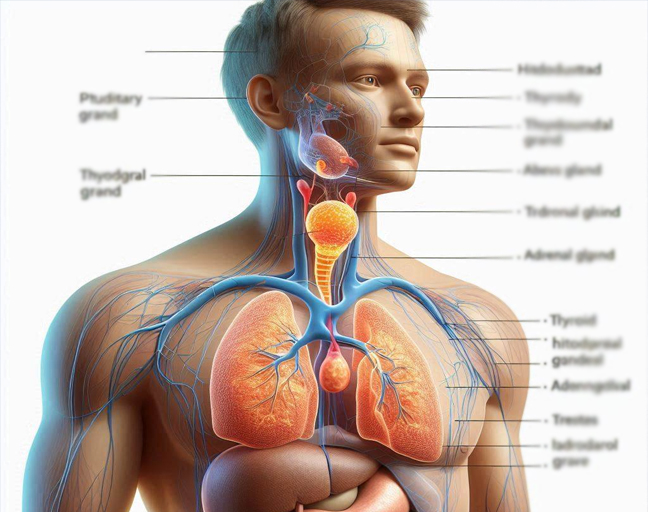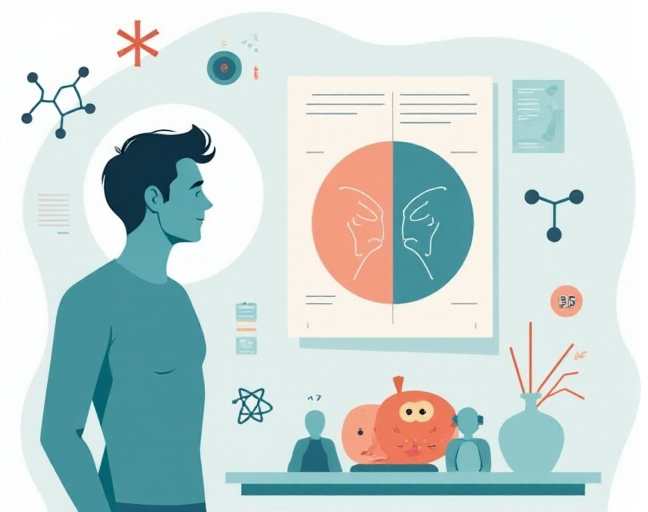Our bodies are intricate systems that rely on hormones to function smoothly, which is why even the smallest imbalance can throw things off. While most of the discussion around hormonal imbalances tends to focus on women, men can also face these challenges at various stages of life. These imbalances can have significant impacts on a man’s health, affecting everything from energy levels to mood and physical appearance.
Signs of Hormonal Imbalance in Men
If you’re experiencing any of the following, you might be dealing with a hormonal imbalance:
- Breast enlargement (also called gynaecomastia)
- Unexplained weight gain, especially around the waist or hips
- Muscle loss and weakness
- Mood swings, irritability, or even feelings of anxiety and depression
- Sexual dysfunction, including reduced libido or erectile issues
- Fatigue, feeling drained all the time
- Night sweats, or excessive sweating
- Sleep issues, such as insomnia
- Digestive changes, like constipation or frequent bowel movements
- Heart palpitations or rapid heartbeat
- Skin changes, including acne or thinning skin
- Increased body and facial hair
Once diagnosed, a healthcare professional can help you manage these symptoms, restoring balance and helping you feel better and more energized.
What Causes Hormonal Imbalances in Men?
The imbalance usually comes down to two major hormones: testosterone and estrogen. When testosterone drops and estrogen rises, it can result in several factors:
- Adrenal fatigue: Too much stress leads to high cortisol levels, which can interfere with testosterone.
- Dietary choices: Consuming too many processed carbs or sugary foods can mess with insulin and, in turn, affect hormone balance.
- Excess weight: Men with abdominal fat tend to have higher estrogen levels than ideal, which messes with testosterone.
- Hormone-laced meat: Livestock are often treated with synthetic hormones to speed up growth, which can end up in our bodies.
- Too much alcohol: Excessive drinking can reduce testosterone production.
- Environmental toxins: Plastics, pesticides, and even water can contain chemicals that mimic estrogen, known as xenoestrogens.
- Over-exercising: High endurance exercise can lower testosterone and elevate estrogen levels.
- Aging: Just like women undergo menopause, men experience andropause as they age, leading to a decline in testosterone levels and an increase in estrogen.
Natural Remedies for Hormonal Imbalance in Men
Taking control of your health and restoring balance often starts with a few lifestyle changes:
- Exercise regularly: Staying active helps reduce body fat, which is key in maintaining healthy testosterone levels. Plus, exercise boosts your mood and helps with sleep.
- Boost calcium intake: Calcium-rich foods like spinach, dairy, and almonds support bone health, which is essential when testosterone levels drop.
- Detoxify: Processed foods and chemicals can interfere with your hormones. Eating a clean, nutrient-dense diet, rich in fruits, veggies, and herbs like basil and rosemary, can help detoxify your body.
- Focus on anti-estrogen foods: Cruciferous vegetables like broccoli and cauliflower can help regulate hormones. Seeds, whole grains, and pomegranates also support hormone balance.
- Reduce stress: High stress raises cortisol levels, which can inhibit testosterone production. Incorporating calming practices like yoga, meditation, and breathing exercises can help lower stress levels and bring balance to your hormones.
- Get quality sleep: Sleep plays a major role in hormone production, especially testosterone. Make sure you’re getting enough rest and avoid electronic screens before bed.
Medical Treatments for Hormonal Imbalance in Men
For some men, lifestyle changes aren’t enough, and medical treatment may be necessary. Here are some common treatments:
- Testosterone Replacement Therapy (TRT): This is a treatment where testosterone is prescribed to restore the hormone to normal levels. It can come in several forms, including pills, injections, creams, or patches. However, TRT must be closely monitored by a doctor, as it can have side effects, especially if there are pre-existing conditions like prostate issues.
By addressing hormonal imbalances through both natural remedies and medical treatments, men can feel stronger, more energized, and in better control of their health.


